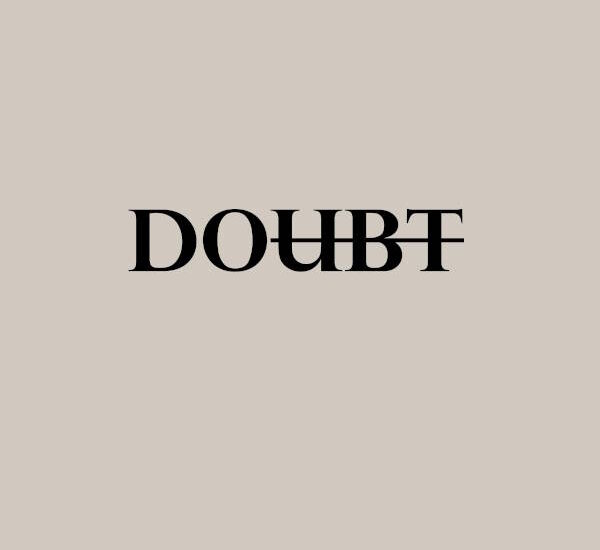Have you ever felt paralyzed when making a decision? Even with decades of investing experience, I find sometimes that it’s hard to pull the trigger on buying a stock, or I will tend to let things remain status quo for longer than I should. Instead of being overwhelmed by the enormity of a decision, many people use the simple idea of doing the next right thing to accomplish their goals step by step.
Carl Jung
In the 1930s Carl Jung, a renowned psychiatrist, would actually answer questions or provide advice to people who sent him letters. In one of these responses, he wrote:
There is no single, definite way for the individual which is prescribed for him or would be the proper one … if you want to go your individual way, it is the way you make for yourself, which is never prescribed, which you do not know in advance, and which simply comes into being of itself when you put one foot in front of the other. If you always do the next thing that needs to be done, you will go most safely and sure-footedly along the path prescribed by your unconscious. Then it is naturally no help at all to speculate about how you ought to live. And then you know, too, that you cannot know it, but quietly do the next and most necessary thing. So long as you think you don’t yet know what this is, you still have too much money to spend in useless speculation. But if you do with conviction the next and most necessary thing, you are always doing something meaningful and intended by fate.
Alcoholics Anonymous…and Disney
A few years later, Alcoholics Anonymous shortened this to do the next right thing as part of their guidance on how to stop drinking. And more recently, you may have heard the song “The Next Right Thing” that was in the movie Frozen 2. (As an older fan of cartoons, I prefer to harken back to the famed “Put One Foot in Front of the Other” during the holiday classic “Santa Claus is Coming to Town”.)
How does this apply to making financial decisions?
The concept of doing the next right thing is a simple but powerful approach to decision-making and taking action, especially when facing uncertainty or difficult circumstances. At its core, the concept means focusing on taking the next positive step forward, rather than getting overwhelmed by the big picture.
Focus on the immediate. Instead of worrying about some overwhelming event in the future, concentrate on what you can do now. In the financial world, you can’t predict what will happen down the line. All you can do is take actions now that have the best chance of reaching your goals in the future.
Take small steps. Break things down into manageable actions. You may be overwhelmed by the number of options in your retirement plan or with the thought of investing an inheritance or money from a sale of your business. Taking small steps can help you move past the paralysis, whether that means investing $50 per month in your 401(k) or investing $10,000 per month from your inheritance.
Strive for progress, not perfection. You don’t need to have everything figured out. And with finances, you will never have everything figured out. When you’re investing, anything can move the markets in unexpected directions. Who could predict Covid? Who foresaw Russia invading Ukraine? Even on a smaller scale, a company’s seemingly random press release can light a fire under an investment or send it reeling. Instead of being paralyzed by perfection, take positive steps to reach your goals over time.
Don’t let “right” stop you. I have mentioned paralysis, but one of the weaknesses of taking Jung’s advice of “next and most necessary” and changing it to “next right thing” is that people who are having a hard time making a decision may get hung up on what’s right. If you’re having a hard time, consider just taking the next most necessary (highest percentage) step. Research, determine what the best options are, and pick one.
There is no single, definite way
One part of Jung’s letter that’s often overlooked is the sentiment that there’s not one prescribed way to live your life. No one can say what’s proper for you. Think about that in finances, where so many people run around saying do this, do that. While some of that advice may be applicable, the key for you is to determine what your goals are and how to reach them. Use the advice, take steps towards it, but don’t just blindly follow what people say. I’ve mentioned before about issues I have with common rules of thumb. Become educated, but also be willing to challenge what you read and learn.
Doing the next and most necessary thing is a way to progress your finances and your life through small positive actions. You may not know with perfect clarity what’s up ahead, but you can use this approach to navigate life’s challenges by putting one foot in front of the other.
Photo by leeloothefirst
